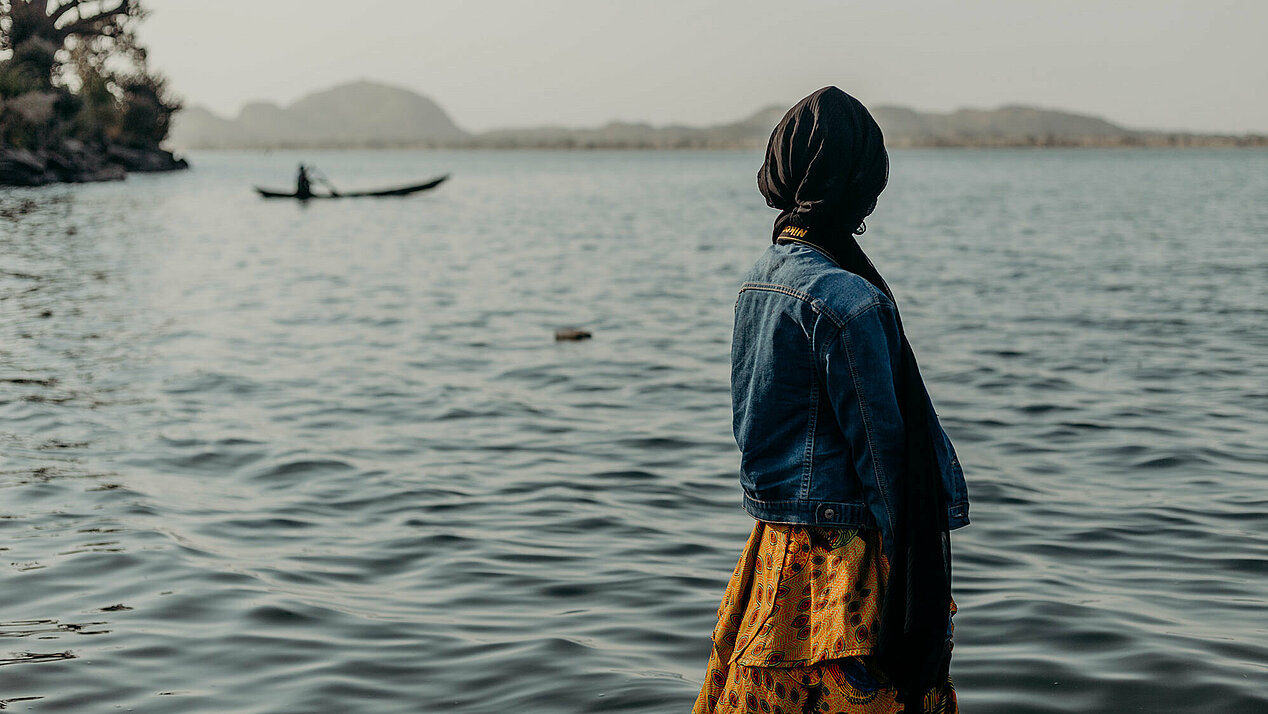
The world today is afflicted by a growing number of overlapping local and global crises, such as the Covid pandemic, wars, and natural disasters. While news coverage and fast-moving social media discussions have the potential to inform people better than ever before, the steady drumbeat of negative news can also be overwhelming and lead to exhaustion, resignation and apathy.
In the case of climate change this is made even worse by the enormity of the challenge to implementing the Paris Agreement’s goals in a relatively short time frame. Without broad societal support, implementing effective climate policies will indeed be very hard. Therefore, in communicating about climate issues, the questions of how to avoid these negative psychological reactions and how to instead foster a sense of actorness, solidarity and empowerment is very important.
By drawing on their experience in other domains, civil society organisations, artists, and cultural relations actors are in theory well placed to play an important role in mobilizing people against climate change by fostering opportunities for debate and participation and by translating data-heavy science and complex socioeconomic scenarios into tangible concepts and initiatives that give participants a voice and a sense of ownership.
This panel will therefore discuss some of the following questions:
Panelists:
To participate, please register here: Climate change, communication, and culture: overcoming resignation and co-creating the future | Ecologic Institute Forms

Dr. Michael Shank is the Director of Engagement at the Carbon Neutral Cities Alliance, a group of international cities committed to achieving aggressive long-term carbon reduction goals. Michael’s professional career includes leading press and/or policy shops at the UN Sustainable Development Solutions Network, Climate Nexus (clients included the United Nations, Vatican City, The White House, and Fortune 500 Companies), U.S. Congress, Friends Committee on National Legislation, Institute for Economics and Peace, Biodiversity Northwest, Puget Soundkeeper Alliance and more.
Michael’s academic career includes a Ph.D. from George Mason University’s Carter School for Peace and Conflict Resolution and is focused on climate conflict. Michael is adjunct faculty at New York University’s Center for Global Affairs, where he teaches graduate courses on Sustainable Development, Power and Politics and Climate and Security. Michael also serves as adjunct faculty and advisory board member at George Mason University’s Carter School for Peace and Conflict Resolution, where he teaches graduate courses on Writing for Policy and Practice and Communicating Conflict.
Michael is a former opinion columnist for the Washington Post and US News & World Report and a contributor to USA Today, CNN, FOX News, The Guardian, TIME, Fast Company, Newsweek and more. Michael lives in Vermont, where he serves on the boards of the Safer Society Foundation, Compass Music and Arts Foundation, and Barn Opera. Michael also serves on the advisory councils of the Faith For Our Planet, New Standard Institute and Global Environment Media.
Read less
Read more

Katharina van Bronswijk studied Psychology in Heidelberg and Berlin. She then qualified as psychotherapist (cognitive behavioural therapy) in Hamburg and runs her own practice in the Luneburg Heath south of Hamburg since 2021. Moreover she is active in climate protection since 2009 and worked at Greenpeace Germany. Since April 2019 she has been a spokesperson and on the managing board of Psychologists/Psychotherapists for future as well as speaker and author on the psychology of climate crisis.
Read less
Read more

Ayat Najafi, multimedia artist, film and theatre director, born in 1976 in Tehran, lives in Berlin. His focus is on interdisciplinary and multimedia theatre as well as experimental and documentary films. His art, theatre, film projects are strongly based on research and address gender equality, human rights, intercultural dialogue, ecological issues and everyday life.
These themes are connected by the common thread of his artistic practice, focusing on the interaction between truth and performativity or possible truth in relation to these themes.
He has produced theatre plays at Hebel Am Ufer- Berlin, Ballhaus Ost- Berlin and Iranian Artists' Forum- Tehran, among others. His theater productions have been performed at the Fajr Festival, Iran, as well as at international festivals, such as KunstenFESTIVALdesArts-Brussels.
His two feature documentaries Football Under Cover (2008) and No Land's Song (2014) were screened at more than a hundred international festivals and won numerous awards.
In 2017, he co-created the collective art project SANDSTORM- And Then There Was DUST. This ecological and long term project was aimed to create hybrid experiential spaces through inter- and transdisciplinary thinking and productions.
The exhibition presenting the outcomes of the project opened at Depo Istanbul, September 2020 with artists from Iran, Iraq and Turkey and followed in Galerie im Körnerpark Berlin (fall 2021).
Read less
Read more
In Stuttgart, the discussion series Totally Glocally addresses current questions about the interaction between global and local structures. International experts talk about the interaction between the global and the local. Full recordings of this and other Totally Glocally panel sessions are available on ifa’s YouTube Channel. Find out more on the programme on the ifa website.
Charlottenplatz 17
D-70173 Stuttgart